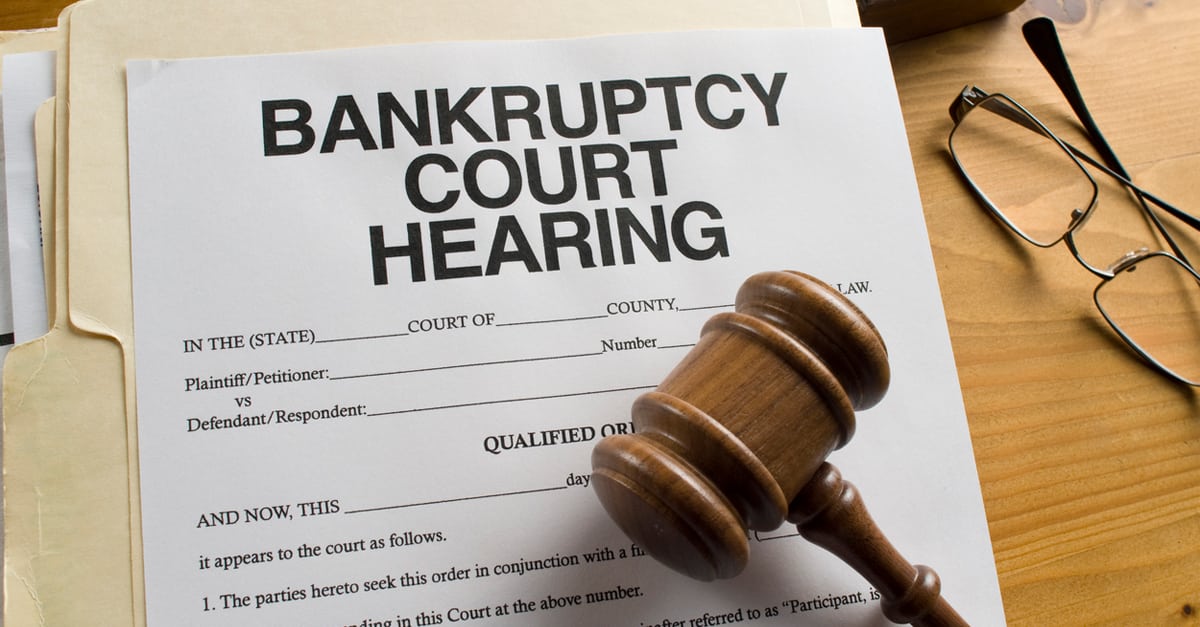Table of Contents
In the complex world of finance and commerce, the concept of default and insolvency looms large. It represents the failure of an individual, business, or even a nation to fulfill its financial obligations, leading to a cascade of legal and economic consequences. Understanding the intricacies of default, its characteristics, and the mechanisms for handling insolvency is crucial for navigating the financial landscape with confidence. This article from NT International Law Firm aims to help you with that.

Default and Insolvency: A Comprehensive Guide with Legal Basis
What is Default?
Default refers to the inability of a debtor to repay its debts, including both principal and accrued interest, when they are due. This can encompass a wide range of scenarios:
- Individuals: Defaulting on student loans, credit cards, or personal loans.
- Businesses: Failing to repay loans, bonds, or other forms of commercial debt.
- Governments: Inability to service national debt obligations, leading to sovereign default.
Characteristics of Default:
- Financial distress: The inability to generate sufficient income to cover debts is often a primary trigger for default.
- Negative impact on creditworthiness: A default significantly damages a debtor’s credit score, making future borrowing more difficult and expensive.
- Collateral implications: Secured loans may allow creditors to seize the collateral (e.g., property, vehicles) to recover their losses.
- Legal consequences: In severe cases, default can lead to legal proceedings, including lawsuits and potential criminal charges.
Common Cases of Default:
- Student loan default: While relatively rare due to preferential interest rates, student loan defaults can still occur due to unemployment or financial hardship.
- Secured loan default: Mortgages and other secured loans involve collateral, which eases debt recovery for lenders.
- Unsecured loan default: Credit cards, personal loans, and other unsecured debts present a higher risk for creditors, often requiring legal intervention for debt collection.
- Futures contract default: Failure to fulfill obligations stipulated in a futures contract can result in financial penalties or legal action.
- Sovereign default: When a country cannot repay its national debt, it triggers significant economic and financial instability.
Consequences of Default:
The repercussions of default vary depending on the debtor type:
- Individuals: A damaged credit score, higher interest rates for future loans, and potential legal action.
- Businesses: Loss of reputation, difficulty accessing capital, and potential bankruptcy proceedings.
- Governments: Currency devaluation, reduced access to international capital, and diminished foreign investment.

Legal Framework for Handling Insolvency
Legal Framework for Handling Default and Insolvency:
The legal framework for handling insolvency varies by jurisdiction, but some general principles apply:
- Secured loans: Creditors have the right to seize and sell collateral to satisfy the debt.
- Unsecured loans: Creditors may resort to litigation to recover the debt through court orders and enforcement mechanisms.
- Bankruptcy proceedings: In extreme cases, debtors may file for bankruptcy to restructure their debts or liquidate their assets.
Key Legal Resources:
- Vietnamese law: Civil Code, Law on Secured Transactions, Law on Bankruptcy
- International law: UNCITRAL Model Law on Cross-Border Insolvency
Frequently Asked Questions:
- What is the probability of default? This depends on various factors like the debtor’s financial health, economic conditions, and the type of debt. Credit rating agencies and financial institutions calculate default probabilities based on complex models.
- What is public debt? Public debt is the total amount of money a government owes to lenders, both domestic and international.
Conclusion:
Default is a complex and multifaceted concept with far-reaching legal and economic implications. Understanding its characteristics, common cases, and legal framework for handling insolvency empowers individuals, businesses, and governments to navigate the financial landscape with greater awareness and preparedness. By seeking professional legal counsel when facing potential default scenarios, individuals and entities can minimize the negative consequences and work towards a sustainable financial future.

International Law Firm is Here to Help
NT International Law Firm is Here to Help
NT International Law Firm has addressed the question of what default and insolvency is. If you have any further questions or concerns regarding bankruptcy law, please contact our law firm immediately for expert legal advice.
If you require any legal assistance, please feel free to reach out to us via phone at 090 252 4567 or through email: info@ntpartnerlawfirm.com. At NT INTERNATIONAL LAW FIRM, our team is committed to offering you prompt and personalized advice.
You also might be interested in:
“The article’s content refers to the regulations that were applicable at the time of its creation and is intended solely for reference purposes. To obtain accurate information, it is advisable to seek the guidance of a consulting lawyer.”

LEGAL CONSULTING SERVICES
090.252.4567NT INTERNATIONAL LAW FIRM
- Email: info@ntpartnerlawfirm.com – luatsu.toannguyen@gmail.com
- Phone: 090 252 4567
- Address: B23 Nam Long Residential Area, Phu Thuan Ward, District 7, Ho Chi Minh City, Vietnam
